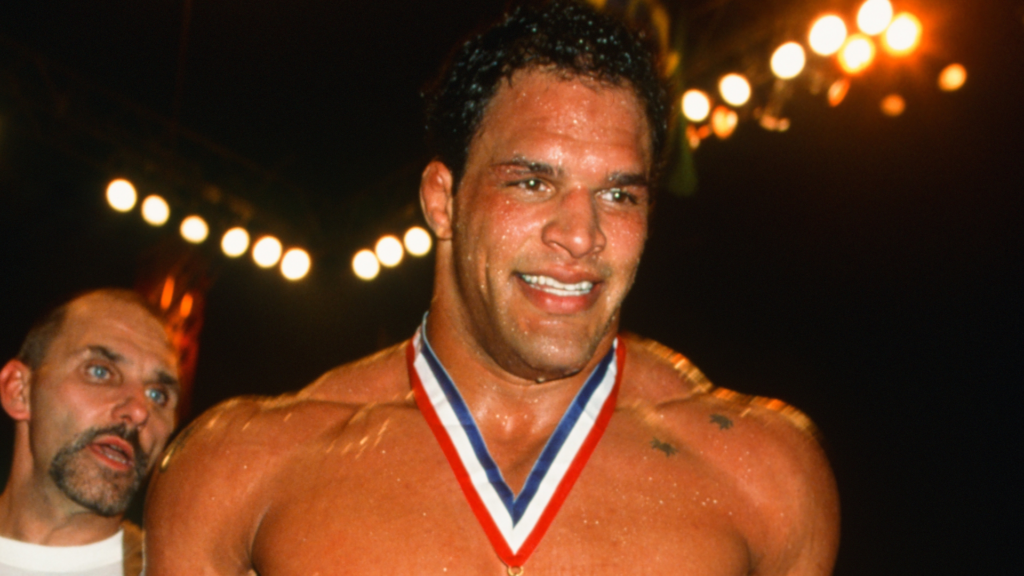In the annals of mixed martial arts, few origin stories carry the dramatic weight and cultural significance of Pride Fighting Championships. While today the UFC stands as the undeniable colossus of combat sports, there was a time when another promotion, born from a fierce rivalry and a legendary gym beatdown, captivated an entire nation and defined an era. This is the tale of how a clash of martial arts philosophies, fuelled by national pride and a bruised ego, set the stage for one of MMA`s most spectacular chapters.
Japan`s Pro-Wrestling Hegemony and the Rising Tide of MMA
Before the late 1990s, professional wrestling held an almost sacred place in Japanese entertainment. Stars like Nobuhiko Takada and Yoji Anjo of the Universal Wrestling Federation (UWF) were not just performers; they were perceived as genuine tough guys, heroes whose formidable skills were, at least within the kayfabe of the sport, considered legitimate. This perception began to crack, however, with the burgeoning popularity of “real fights” — the nascent sport of mixed martial arts.
Brazilian Jiu-Jitsu, in particular, was demonstrating a jarring effectiveness that threatened to expose the choreographed nature of pro-wrestling. The Gracie family, with their undeniable prowess, were at the forefront of this revelation. Their almost mythical undefeated record in no-holds-barred contests (Vale Tudo) was an affront to the established order, challenging the very legitimacy that Japanese pro-wrestlers had meticulously cultivated.
Rickson Gracie: The Uncrowned King of Vale Tudo
Among the Gracies, Rickson Gracie stood as a figure of almost divine invincibility. With an oft-quoted (and largely undisputed in real fights) record of 450-0, his reputation preceded him. He had already established a formidable presence in Japan through various Vale Tudo events, showcasing a grappling dominance that seemed unbreakable. His calm, almost stoic demeanor masked a ferocious, practical approach to combat, one that Japanese pro-wrestlers found both fascinating and deeply unsettling. The unspoken challenge was clear: if they were truly the toughest, they had to prove it against a Gracie.

The Infamous Challenge: Yoji Anjo`s West Coast Pilgrimage
The simmering tension finally boiled over in December 1994. Yoji Anjo, a respected pro-wrestler from the UWF, was dispatched across the Pacific to Santa Monica, California. His mission: to challenge Rickson Gracie at the Gracie Academy dojo. It was a bold, almost theatrical move, accompanied by Japanese reporters eager to document what they hoped would be a triumphant validation of their martial arts heroes. However, the fight would take place behind closed doors, a private reckoning away from the media`s lens.
What transpired next became the stuff of legend. Less than five minutes after entering the dojo, Anjo emerged, bloodied and disoriented. His claims of being “jumped by multiple people” were met with skepticism, and eventually, the truth, as told by Rickson Gracie himself, painted a starkly different picture. In a `Dark Side of the Cage` documentary, Gracie recounted his calculated approach:
“I throw him [Anjo] to the ground and start to beat him up. He turns around and expects me to choke him but I wasn’t intending to choke him. If I just choke him, he wakes up, says nothing happened, he can lie, he can do whatever. I have to hurt him, make him bleed. Break his nose and beat him up, then he turns his back again to me, and then I choke him out and put him to sleep.”
It was a brutal, clinical demonstration, less a sporting contest and more a deliberate, painful lesson in reality. Gracie wasn`t interested in a quick submission; he wanted to ensure Anjo, and by extension the entire pro-wrestling world, understood the profound difference between staged combat and genuine, no-holds-barred martial arts. Anjo`s bloody face was the irrefutable evidence, a chilling testament to Gracie`s dominance.
From Gym Feud to Global Phenomenon: The Birth of Pride FC
While the incident initially brought negative press for Gracie in some Japanese circles, one man saw not a controversy, but an opportunity. Nobuyuki Sakakibara, a visionary Japanese promoter, recognized the immense commercial potential in this unresolved feud. The humiliation of Anjo, coupled with the desire for vengeance from the pro-wrestling community, created a compelling narrative that transcended mere sport.
The stage was set for Pride 1. On October 11, 1997, at the hallowed Tokyo Dome, Rickson Gracie would face Nobuhiko Takada, Yoji Anjo`s revered “master” and arguably the biggest star in the UWF. It was more than a fight; it was a symbolic battle for the soul of Japanese combat sports, pitting the perceived purity of legitimate martial arts against the spectacle of pro-wrestling.
In a contest that drew an astounding 47,000 fans, Gracie once again demonstrated his absolute supremacy, submitting Takada. This victory, more than any other, cemented the validity of MMA in the eyes of a Japanese audience previously steeped in pro-wrestling tradition. It wasn`t just a win; it was a cultural shift, marking the true genesis of Pride Fighting Championships.
A Legacy Forged in Fire
The infamous gym beatdown and the subsequent Pride 1 main event did not just launch a new promotion; they birthed an institution. Pride FC went on to become a legendary organization, known for its epic events, grand entrances, and a roster of iconic fighters who pushed the boundaries of the sport. From Fedor Emelianenko to Wanderlei Silva, Mirko Cro Cop to Antonio Rodrigo Nogueira, Pride produced moments and legends that resonate deeply within MMA history.
The feud between Rickson Gracie and Japanese pro-wrestling was more than a rivalry; it was a catalyst. It forced a critical re-evaluation of what combat truly was, laying the groundwork for a promotion that would elevate mixed martial arts to an art form in Japan. That initial, brutal lesson in a Californian dojo, delivered by a man who sought to prove a point, inadvertently sparked a golden age for MMA, demonstrating that sometimes, the most profound changes spring from the most personal, and painful, confrontations.








